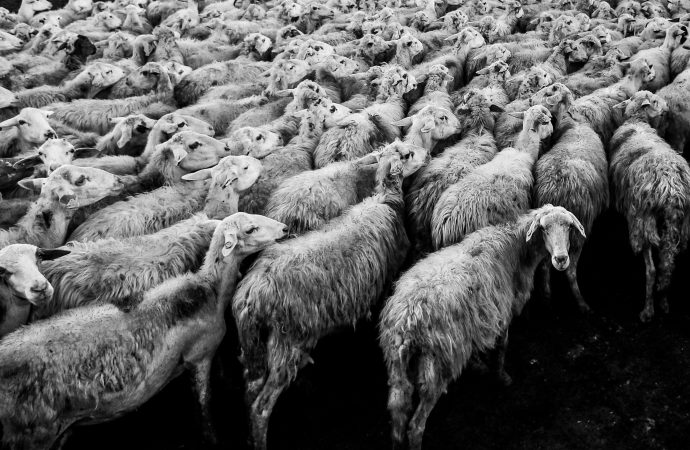As humans, we are often preoccupied with the concept of fairness. We strive for fairness in our interactions with others, we expect fairness in our institutions and we are quick to perceive and react to unfairness. But what about animals? Can they understand and act upon the idea of fairness? The question of whether animals
As humans, we are often preoccupied with the concept of fairness. We strive for fairness in our interactions with others, we expect fairness in our institutions and we are quick to perceive and react to unfairness. But what about animals? Can they understand and act upon the idea of fairness?
The question of whether animals possess a sense of fairness has long been a topic of interest among scientists. While some studies suggest that animals do indeed exhibit behaviors that indicate an understanding of fairness, others argue that what we perceive as fairness may simply be the result of instinctual behaviors.
One of the most commonly cited examples of fairness in animals is the behavior of primates. In experiments conducted by researchers at Emory University, capuchin monkeys were presented with unequal rewards for performing the same task. When one monkey received a more desirable reward, the other monkey refused to continue participating in the task. This behavior suggests that the monkeys were able to perceive and react to unequal treatment, which is one of the fundamental aspects of fairness.
Similarly, studies on chimpanzees have shown that they are capable of recognizing when they have been treated unfairly. In one study, two chimpanzees were trained to exchange tokens with a researcher for food. One chimpanzee was given a grape as a reward for each token, while the other received a less desirable piece of cucumber. When the second chimpanzee witnessed this unequal treatment, it became agitated and refused to participate in the task.
Other studies have suggested that animals as diverse as dogs, elephants, and even birds have some sense of fairness. However, some scientists argue that what we interpret as fairness may simply be the result of instinctual behaviors. For example, in the case of the capuchin monkeys, some researchers argue that the monkeys may have refused to participate in the task simply because they were frustrated or confused by the unequal rewards, rather than because they were consciously reacting to unfairness.
Despite these debates, the question of animal fairness remains a topic of continued research and interest. One of the challenges of studying animal cognition is that it can be difficult to know exactly what animals are thinking or feeling. However, scientists have developed a variety of techniques for studying animal behavior, including observational studies, controlled experiments, and even brain imaging.
As our understanding of animal behavior continues to grow, we may gain a deeper appreciation for the complexity and sophistication of the animal kingdom. While we may never know for certain whether animals possess a sense of fairness that is truly comparable to our own, the evidence suggests that they are capable of exhibiting behaviors that are consistent with an understanding of fairness. Ultimately, the question of animal fairness is one that will continue to inspire research and exploration for years to come.

















Leave a Comment
Your email address will not be published. Required fields are marked with *